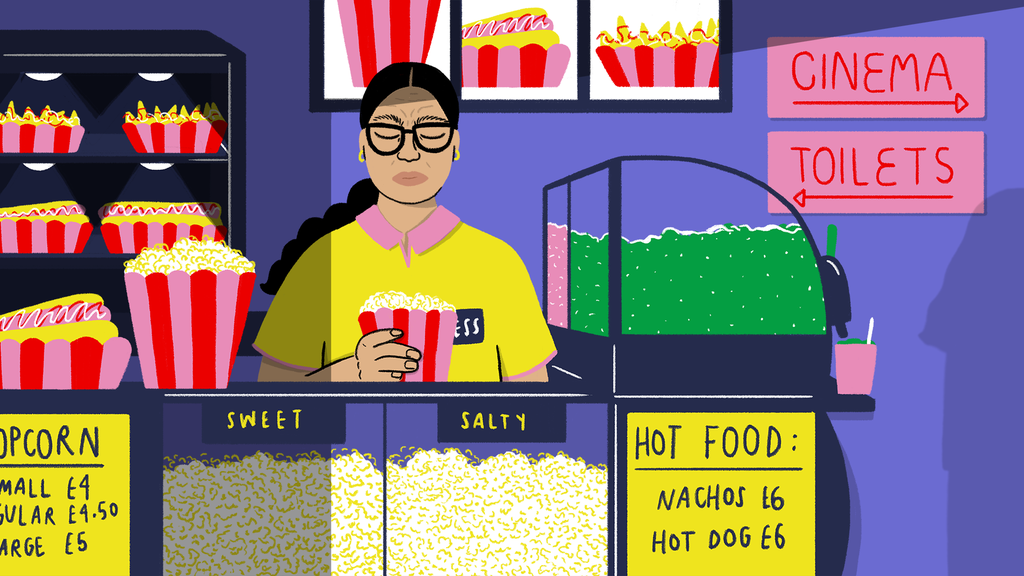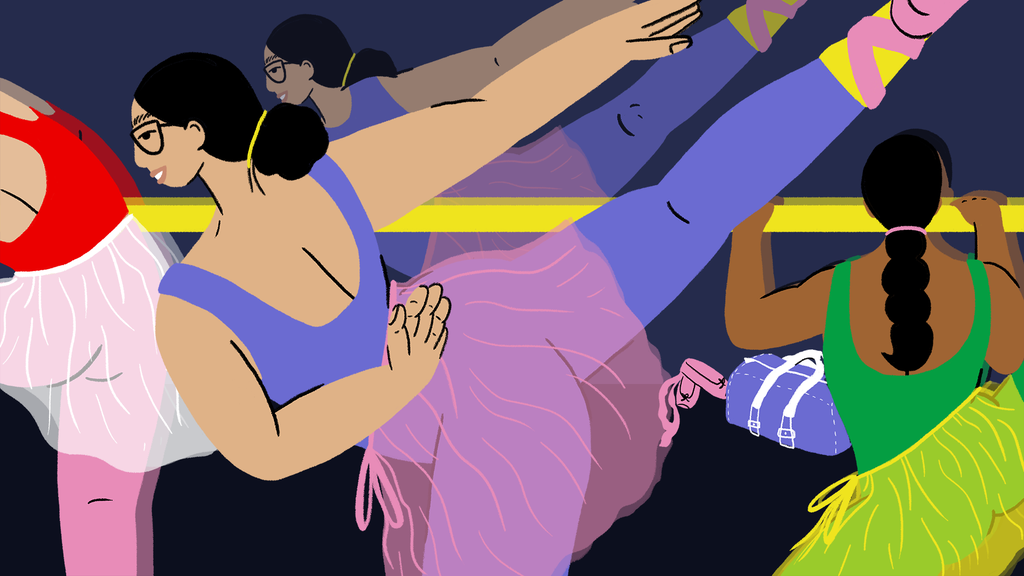Crohn’s & Colitis UK is a charity supporting those living with the two most common forms of inflammatory bowel disease (IBD), which between them affect more than half a million people in the UK. In both conditions, the immune system goes into overdrive, attacking healthy tissue in the gut.
Crohn’s Disease and Ulcerative Colitis are painful and debilitating lifelong conditions yet are widely misunderstood, meaning symptoms like stomach pain, diarrhoea, an urgent need to use the toilet or bloody poo are often ignored. With their latest campaign, Crohn’s & Colitis UK wants us all to #CutTheCrap and tackle the dangerous misconceptions surrounding these gut diseases. They encourage everyone to check their gut issues (however ‘minor’ they may seem) on their online symptom checker, which will offer next steps and support if there is a chance the symptoms could be a sign of something more serious.
Crohn’s and Colitis can develop at any age, although one in four will be diagnosed with the condition before they are 30. Twenty-two-year-old musical theatre student Jessica Alvares lives in Brighton and first experienced symptoms of Crohn’s when she was 17. Here she shares her story of living with the condition.
I was in college when I first started experiencing nausea and irregular bowel movements, and noticing blood and mucus in my poo. I’d never really been ill much as a child so I knew straightaway that something was wrong.
It took a year before I was diagnosed with Crohn’s and that was probably the most challenging year of my life. Suddenly I just didn’t feel like myself anymore and I became very scared about going out in case my stomach had a bad reaction to something.
I had a part-time job at my local cinema and having to be around food, smelling it and interacting with customers, was the worst thing on days when I felt nauseous and ill.

Some of the people around me thought it was all in my head and for a while I genuinely thought I was going crazy. In the meantime I tried lots of different diets to work out if I was lactose- or gluten-intolerant.
After blood tests, a gastroscopy and a colonoscopy, it was the biggest relief to finally get a diagnosis. The 10 centimetres of inflammation they found in my bowel wasn’t much compared to some people with Crohn’s, but it was enough to be diagnosed and prove I wasn’t crazy. Although there’s no cure for Crohn’s, getting a diagnosis also meant we could start finding a solution.
I tried out a few different medications in the run-up to moving to Brighton for uni, hoping to find one that would suit me. But I ended up having my biggest flare-up to date during Freshers’ Week, and was hospitalised.
It was 2020 so all the parties were online anyway, but I didn’t even get to join in with those. Instead I was stuck in hospital for a week, on an IV, being pumped full of steroids.
That was a really hard time. I was away from home and my normal support system, everything was ten times worse because of COVID-19 and the doctors even questioned whether starting my degree was a good idea.
It’s taught me to be more resilient and to find ways of managing my symptoms so that I can continue to push myself.
Fortunately I was able to go ahead and I’m now finishing my three years of training. I haven’t had another really bad flare-up since I started university but there have been challenges. Stress and anxiety are my biggest triggers so I can often feel a flare-up coming on if I’ve got uni deadlines or an audition coming up.
It’s still hard to navigate social situations sometimes. Alcohol and eating badly can trigger flare-ups and I can’t always do normal student things like going clubbing or eating out. Performing takes up a lot of my time anyway but when I’m not on stage you can often find me in the gym, hanging out at the beach or relaxing with my friends and my boyfriend. I’m very lucky that the people around me now are so understanding; I have lost friends over the years who simply didn’t get why I tend to cancel plans at the last minute.
University can be quite an isolating environment at the best of times and being a student with a chronic illness like Crohn’s has a big emotional impact. Getting this diagnosis might seem all doom and gloom at first but at least it means you can start getting the help you need. It’s taught me to be more resilient and to find ways of managing my symptoms so that I can continue to push myself.

Surrounding yourself with the right people makes a big difference and so does knowing where to access reliable information and support. I found out about Crohn’s & Colitis UK from my mum’s friend, who also has Crohn’s, and they have a great helpline which I’ve called quite a few times. They’re there to listen and have always been very patient and sensitive. It’s just nice to speak to someone who really understands what it’s like.
Their website is also such a valuable and trustworthy resource. It was so informative when I was trying all the different medications as it tells you how to take each drug, what the side effects are and how it works. It’s so reassuring to know it’s out there and all the information is evidence-based, because anything can come up when you’re searching online.
Now that I’m finishing my degree I hope to pursue a career in performance, choreography or teaching, but I’m not naive to the fact it’s a very intense, physical and competitive industry. Sometimes I can’t be as physical as I want to be because of the stomach pain, nausea or vomiting, or because I’m having to open my bowels 15 times a day. It’s an embarrassing thing to explain, especially to new people, so the thought of having to tell my potential employer that I might need to go to the toilet a lot is hard.
I don’t want Crohn’s to stop me doing the things I love. I’ve found that meditation and mindfulness really help me to combat the anxiety and remain calm in stressful situations. For now I just have to follow my passions and hopefully, if I can stay calm, I can achieve whatever I want.
Check your symptoms, or encourage a loved one to check theirs, at crohnsandcolitis.org.uk/symptomchecker
Like what you see? How about some more R29 goodness, right here?